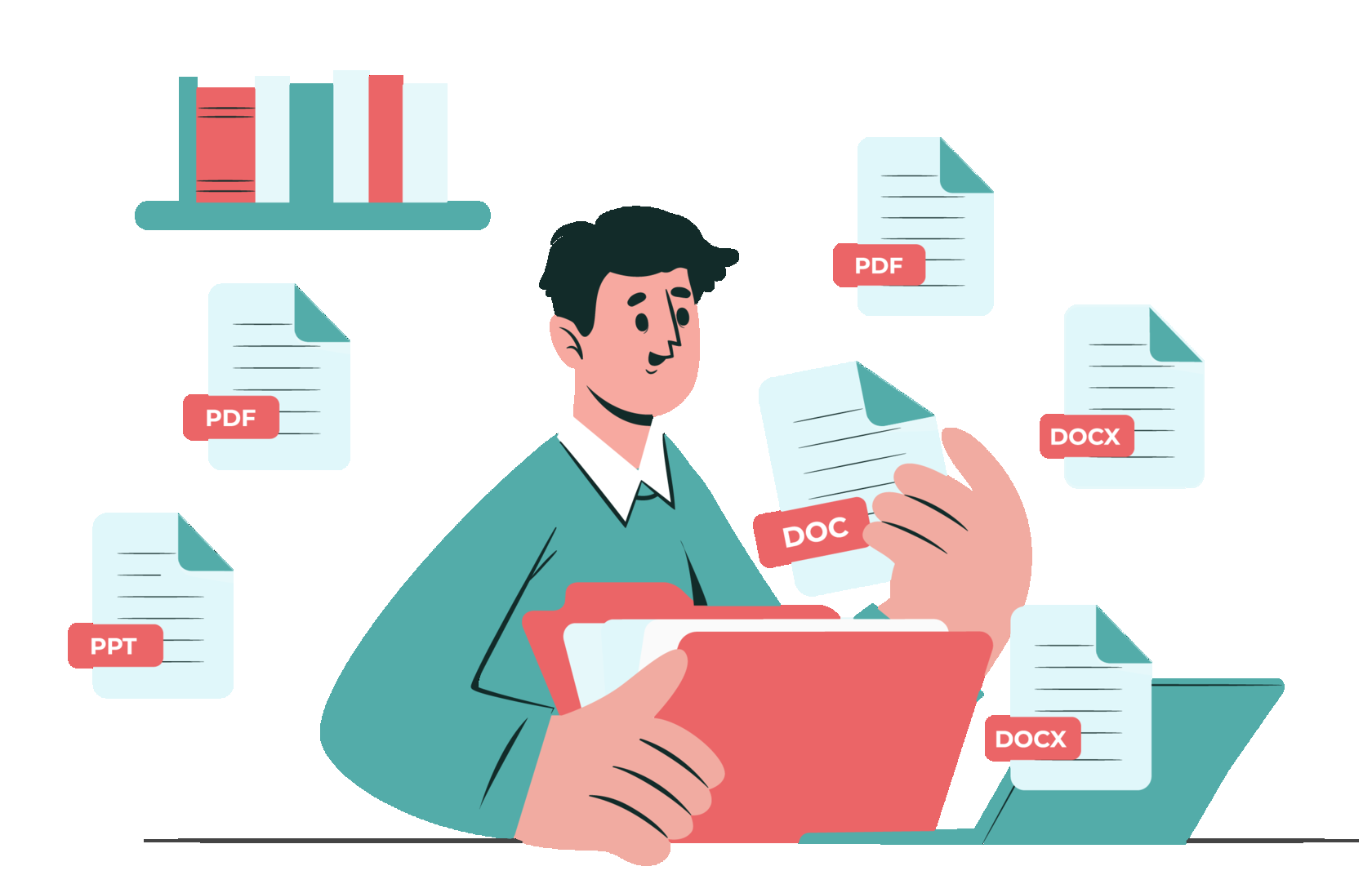
Contact us
To learn more about Personik opportunities for your team.
What HR automation is and when one should start it?

The work of HR specialists involves many routine tasks: keeping personnel records and administration, employees support, document management. At the same time, today HR departments directly influence business development. The successful realization of the company’s plans depends on the HR department’s ability to quickly respond to the urgent needs, keep up with current trends, implement advanced personnel management approaches, and maintain the employer’s brand.
Traditional tools may not be enough to cope with these challenges, so HR professionals should work with new digital tools. In this article we will tell you how to start the automation of HR processes.
Traditional tools may not be enough to cope with these challenges, so HR professionals should work with new digital tools. In this article we will tell you how to start the automation of HR processes.
The work of HR specialists involves many routine tasks: keeping personnel records and administration, employees support, document management. At the same time, today HR departments directly influence business development. The successful realization of the company’s plans depends on the HR department’s ability to quickly respond to the urgent needs, keep up with current trends, implement advanced personnel management approaches, and maintain the employer’s brand.
Traditional tools may not be enough to cope with these challenges, so HR professionals should work with new digital tools. In this article we will tell you how to start the automation of HR processes.
Traditional tools may not be enough to cope with these challenges, so HR professionals should work with new digital tools. In this article we will tell you how to start the automation of HR processes.
What is automation and which HR processes can be digitized?
Automation is the implementation of IT tools which can help optimize labor resources and reduce the personal involvement of HR specialists in routine processes. The main goal of automation is to increase efficiency of a wide variety of HR processes.
What is automation and which HR processes can be digitized?
Automation is the implementation of IT tools which can help optimize labor resources and reduce the personal involvement of HR specialists in routine processes. The main goal of automation is to increase efficiency of a wide variety of HR processes.
Personal accounting and administration
Creation of an employees database and automatic generation of documents can speed up routine processes.
Time tracking
Some companies keep track of working hours with outdated tools — for example, using the log of arrivals and departures. Automation of these processes saves time and helps to avoid human errors.
Analytics
To monitor operational performance you can outsource analytics and reporting to AI. The system will be able to track all key indicators — for example, employee progress, working conditions, staff churn rate.
Recruitment
Recruitment automation helps to simplify communication with candidates by sending notifications, ranking resumes, testing professional competencies.
Personnel training and assessment
The personnel training process can be implemented online: task notifications will come automatically, the system will help with finding answers to emerging questions and all the necessary details will be stored in one place.
Adaptation
A unified knowledge base allows new employees to access the needed information at all times, which significantly speeds up the immersion in the company’s workflow and helps newcomers not to feel abandoned.
Internal communications
Automated communication is especially important when the company has a complex structure: employees can quickly find the necessary contacts, addresses and other reference details. It also allows staff to communicate with colleagues without leaving the workplace.
When one should start the automation process?
Despite all the evident advantages of HR automation, not every company needs it. So the logical question is: "How to find out if automation is right for us?".
In order to simplify the task, we have created a small checklist. You gain one point for every type of situation present at your workplace. Keep track of them. At the end of the article you‘ll find out whether your company needs to automate its HR processes or not!
When one should start the automation process?
Despite all the evident advantages of HR automation, not every company needs it. So the logical question is: "How to find out if automation is right for us?".
In order to simplify the task, we have created a small checklist. You gain one point for every type of situation present at your workplace. Keep track of them. At the end of the article you‘ll find out whether your company needs to automate its HR processes or not!

Checklist for HR specialists
- QuantityAutomation makes sense only if the company has more than 100 employees. In organizations with fewer employees, it is easier to explain most things in person.
- Turnover rateThere are no exact indicators here: each company has to know its turnover rate. If at some point the numbers begin to grow for no reason (i.e., from 10-15 to 20-30), it is worth introducing new tools that will help with the problem.
- Routine tasks solvingIf you dedicate more than 50% of your work time to routine tasks, you should automate them. Saved time can be devoted to strategically important tasks.
- Streamlined business processesTo automate the HR processes, one has to build a strong personnel management system. New technologies can help only if tasks have clear objectives and deadlines and a suitable employee responsible for a certain task.
- Business scalingAutomation is useful if there are plans to expand the company: for example, to open a new branch, recruit personnel for a new project or if there is a constant need for new candidates for a particular job.
- The need for performance metricsAutomation comes in handy if your calculations no longer fit in Excel, and the management requires you to evaluate performance in numbers.
- Desire to be trendyYou are a cutting-edge company that is not afraid of new technologies, and innovations are in line with your mission.

Time to count your points!
If you have 5 or more points, you should definitely consider automation and look for a contractor;
If you have to 3−4 points, then you might consider automating some of the most labor-intensive processes;
If you have 2 or fewer points, it’s too early for you to seriously consider automation.

Benefits of HR automation
Automation of HR processes saves employees the time taken up by routine tasks, and improves the quality of work (including recruiting and communications). Since all the data is kept in one place, employees are able to access it anytime they need to. The work of the HR department becomes transparent due to available statistics, helping HR and the management speak the same language.
Benefits of HR automation
Automation of HR processes saves employees the time taken up by routine tasks, and improves the quality of work (including recruiting and communications). Since all the data is kept in one place, employees are able to access it anytime they need to. The work of the HR department becomes transparent due to available statistics, helping HR and the management speak the same language.
Let us know, how we can help!
Kate
Platform Architect
Edward
Software craftsman
Alex
Founder and CEO
Alexander
Master of Operations
Share the article in your favorite network

